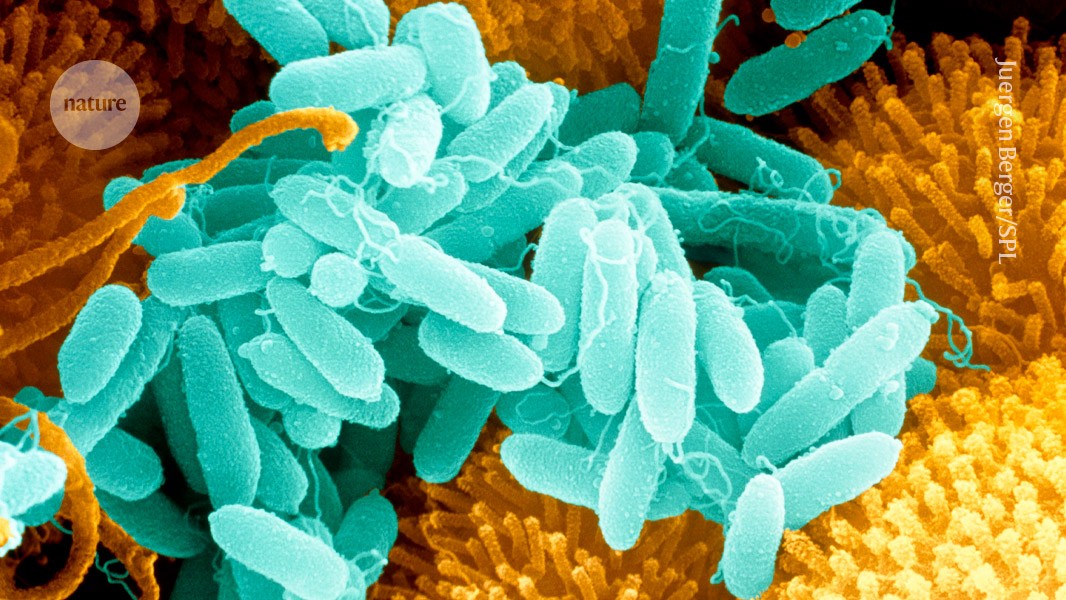
"Researchers discovered that the Pseudomonas aeruginosa bacterium can degrade plastic commonly found in healthcare settings, posing risks to medical devices and patient health."
"The enzyme Pap1 allows Pseudomonas aeruginosa to break down polycaprolactone, a plastic used in medical devices, complicating patient prognosis in hospital environments."
A recent study identified an enzyme called Pap1 in Pseudomonas aeruginosa that can break down polycaprolactone (PCL), a plastic used in healthcare settings. Researchers warn this capability could threaten the integrity of medical devices such as sutures and implants, potentially compromising patient outcomes. The findings suggest that this hospital pathogen not only triggers infections but could also worsen them by degrading plastics and enhancing biofilm formation, which contributes to antibiotic resistance. Experiments confirmed that the presence of PCL implants increased the virulence of the bacterium in animal models, highlighting serious implications for infection control in hospitals.
Read at Nature
Unable to calculate read time
Collection
[
|
...
]